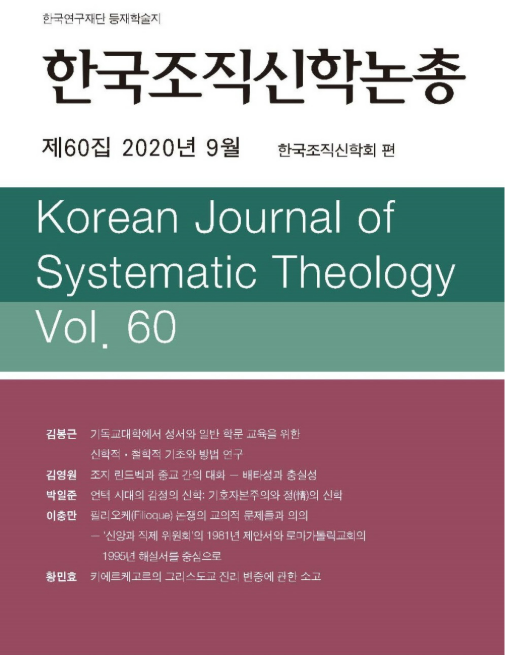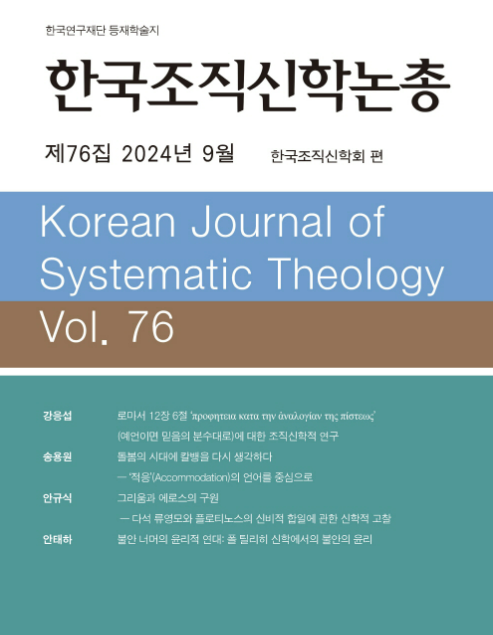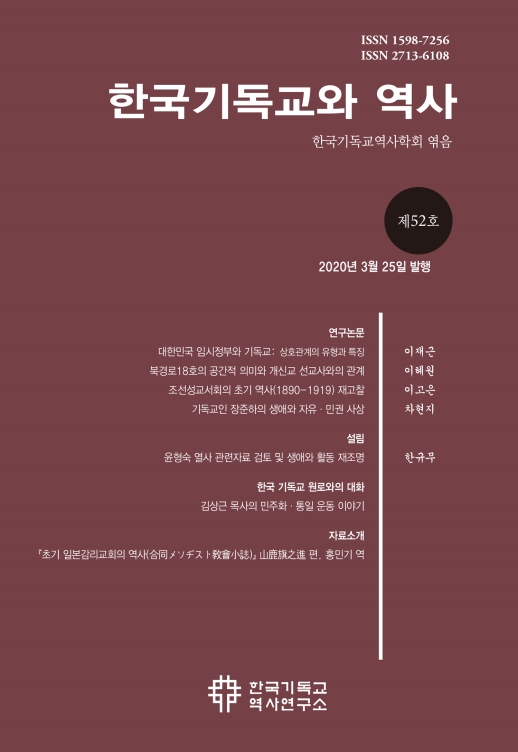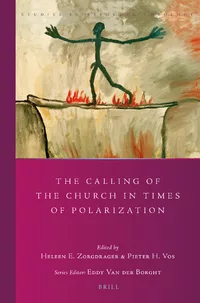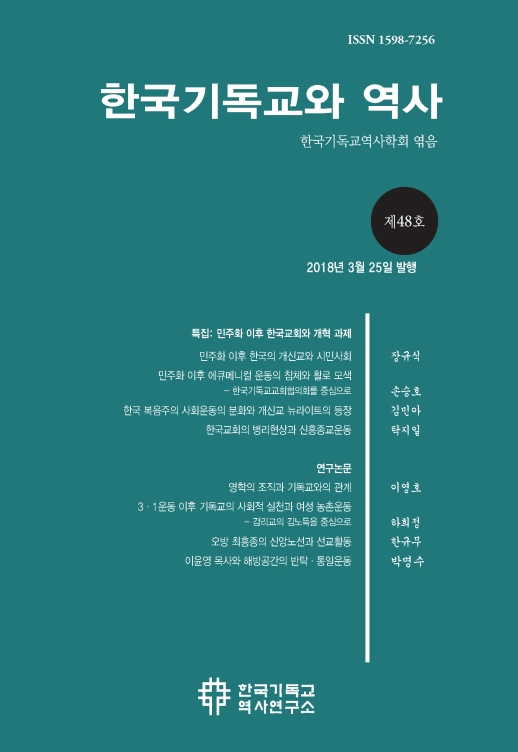589년 톨레도(Toledo) 공의회에서 필리오케(Filioque)와 관련된 문구(“에트 필리오”[et Filio])가 381년의 니케아-콘스탄티노플 신경에 첨가된 이후, 동방정교회와 서방교회는 필리오케와 관련하여 논쟁을 이어오고 있다. 9세기의 콘스탄티노플 대주교였던 포티오스(Photios)의 작품에서부터 논쟁이 시작되었다고 본다면, 필리오케는 적어도 천 년 이상의 세월 동안 교회 역사에서 논의되어 왔다. 최근의 학계는 이 논쟁에 대하여 주로 교회사적이고 교의사적인 방법론을 취한다. 이것은 해당 논쟁을 당시의 역사적 사상적 배경에서 이해하도록 안내하며, 현대의 논의가 지나치게 논쟁적으로 진행되지 않도록 돕는다. 하지만 역사적 접근 방법은 필리오케 논쟁에서 교의적으로여전히 문제되고 있는 것이 무엇인지를 심도 있게 분석하고, 이로써 오늘의 기독교 신앙을 위해 이 논쟁이 지니는 교의적 의의를 찾는 것에한계가 있다. 이러한 부족을 채우기 위해 논문은 필리오케 논쟁의 교의적 문제점들과 교의적 의의를 분석하고자 한다. 이를 위해 본 논문은 20세기 후반에 있었던 중요한 두 계기를 연구하고자 한다. 하나는 ‘신앙과 직제 위원회’(the Faith and Order)가 1978년과 1979년에 필리오케와 관련하여 주최한 두 차례 회담과 그것의 결과물인 1981년의 제안서이다. 또 다른 하나는 로마가톨릭교회의 ‘기독교일치 증진을 위한 교황청 협의회’(the Pontifical Council for Promoting Christian Unity)가 로마가톨릭교회와 정교회 사이의 대화를 증진시키기 위해 필리오케에 대한 로마가톨릭교회의 신학적 입장을 밝힌 1995 년의 해설문(“The Greek and Latin Traditions Regarding the Procession of the Holy Spirit”)과 이 문서와 관련된 신학자들의 토론이다. 이 두 계기를 연구하여 본 논문은 필리오케 논쟁에서 이루어진 신학적 진보와함께 여전히 논의되어야 할 교의적 문제점들을 살피고, 이 문제점들이기독교 신앙을 위해 어떠한 교의적 의의를 지니는지를 분석한다.
The long history of the filioque began with its interpolation into the text of the Nicene-Constantinopolitan Creed (Symbolum Nicaenum Constantinopolitanum, AD 381) by a local council in the Latin Church. The third council of Toledo in 589 added the term filioque, or more precisely “et filio,” to the original text of the Creed. The interpolated term has been debated for over ten centuries since the long history of the actual filioque controversy has its origins in Photios (d. 895), Patriarch of Constantinople, in the ninth century. The recent scholarship on the filioque takes church-historical or dogma-historical approaches to the filioque controversy. This historical methodology brings can explain the concrete historical and theological situations in which the filioque has been ardently discussed by great theologians and provide an obvious advantage for scholars to avoid excessively schematic and controversial stance against the trinitarian tradition of their counter partners. The historical approach, however, fails to answer the question, ‘which dogmatic relevance has the controversy for contemporary Christian faith.’ This question can be answered by an analysis of what is still at stake surrounding the interpolated term, not by a historical description. Hence, this paper will seek to identify and articulate the theological issues that are still at stake in the contemporary controversy about the filioque and to show which relevance the controversy has for contemporary Christianity. In particular, two occasions and events related to them in the late twentieth century will be brought into relief, namely the consultation organized by the W.C.C. in 1978-79 and its “Klingenthal Memorandum,” as well as the Vatican Clarification from 1995 entitled “The Greek and Latin Traditions Regarding the Procession of the Holy Spirit” and its reception in the study meeting held by the Pro Oriente foundation in Vienna in 1997. By the study of these occasions, this paper will analyze the remaining theological issues for the rapprochement between East and West and define the dogmatic relevance of the issues for contemporary Christian faith in order to fill the gap in the contemporary scholarship.


